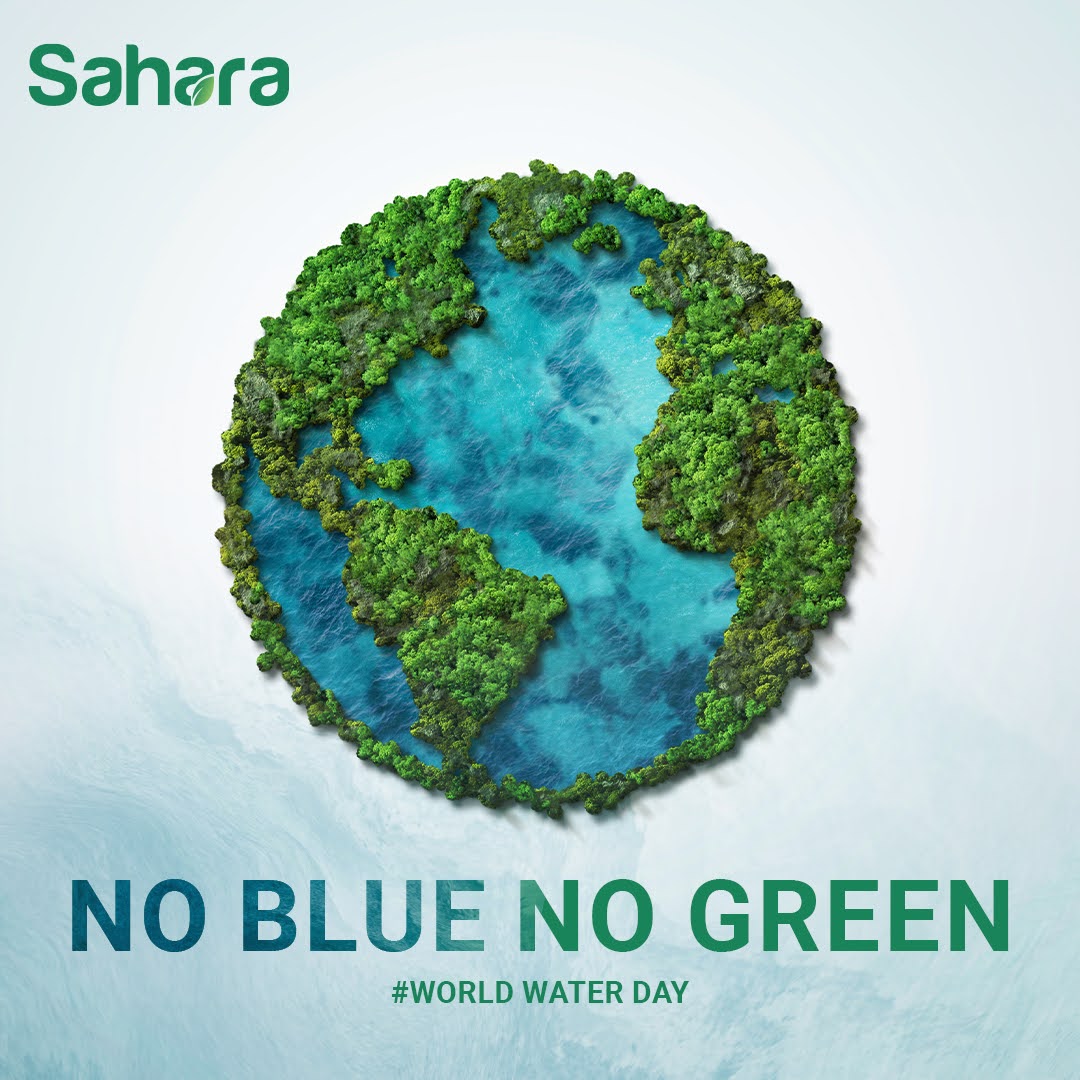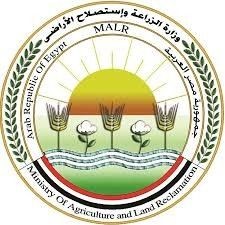
MANAGING WATER IN EGYPT AND AFRICA
A World Water Day Special By Sahara Yield
According to the World Bank, Water Resources Management (WRM) is the process of planning, developing, and managing water resources, in terms of both water quantity and quality, across all water uses. It includes the institutions, infrastructure, incentives, and information systems that support and guide water management. This has become an important issue facing the world, because of unprecedented pressure on currently available water resources. Scientists predict that demand for water will increase because of population growth and agricultural needs, while supply decreases due to pollution, drought, and climate change.
WRM in Egypt and across Africa faces unique challenges and opportunities. In Egypt, the Nile River has been the lifeline of civilization for millennia, supporting agricultural activities, providing drinking water, and enabling industrial growth. However, the increasing demands of a growing population, coupled with the impacts of climate change, have put extra pressure on this vital resource. Current estimates indicate that Egypt's water resources stand at about 560 cubic meters per person each year, while the United Nations defines “absolute water scarcity” at less than 500 cubic meters of water available per person annually.
Similarly, many African countries grapple with issues of water scarcity, uneven distribution, and the need for sustainable management practices to support their populations and economies. Only 13 out of 54 countries have a modest level of water security, and 19 countries are at critical levels of scarcity.
In Egypt, the government has initiated several projects aimed at enhancing water efficiency and ensuring sustainable management of the Nile. These include modernizing irrigation techniques in agriculture, which consumes the majority of the country's water supply, to reduce wastage. Efforts are also being made to improve urban water management systems, reducing leaks and promoting water recycling.
Across Africa, water resource management is a critical issue due to the continent's diverse climatic zones, ranging from arid deserts to lush tropical regions. Many countries are working to address these challenges through various strategies.
One strategy is the adoption of integrated water resources management (IWRM) principles, which emphasize the coordinated development and management of water, land, and related resources to maximize economic and social welfare without compromising the sustainability of vital ecosystems. Many African nations are also focusing on community-based management practices, recognizing the importance of involving local communities in water management decisions to ensure that solutions are sustainable and culturally appropriate.
Innovation and technology play crucial roles in advancing water resource management in Africa. From simple rainwater harvesting techniques to advanced satellite monitoring of water resources, technology offers tools to better understand, manage, and utilize water in sustainable ways. Mobile technology, for example, has been used to improve water access and distribution, allowing communities to monitor water points and manage supplies more effectively.
Effective water resource management in Egypt and Africa as a whole requires a multifaceted approach that combines technological innovation, sustainable practices, and regional cooperation. It is crucial for countries to work together to address shared water challenges and to invest in the infrastructure, policies, and technologies that will enable them to manage their water resources more effectively, ensuring a sustainable future for all their inhabitants.


